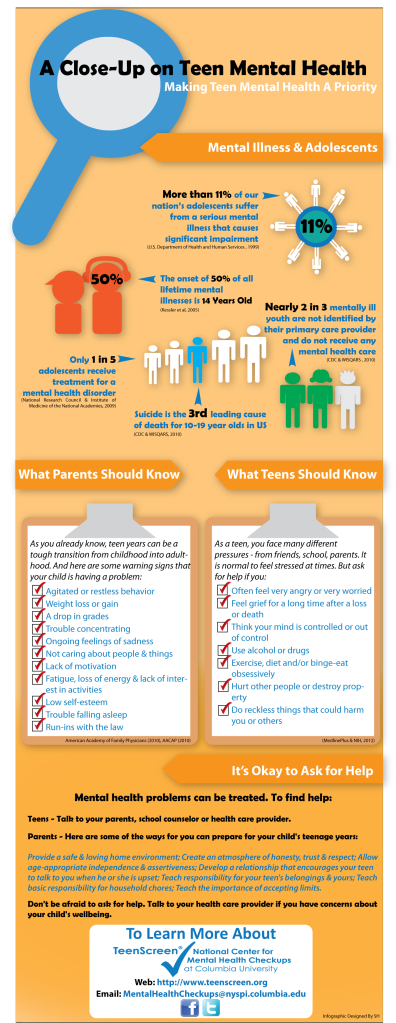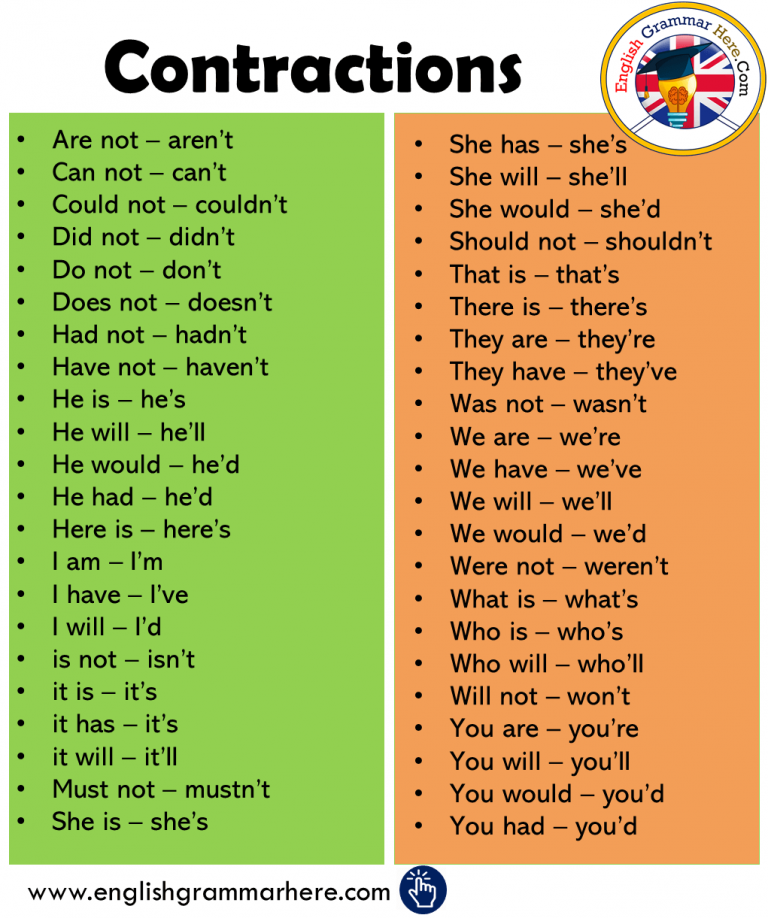How to report concerns about a child
How to Report Child Abuse and Neglect
There are ways you can help stop child maltreatment if you suspect or know that a child is being abused or neglected. If you or someone else is in immediate and serious danger, you should call 911.
You may be wondering who can report child abuse and neglect, what information is included in a report, or what happens after a report is made. On this page, find answers to your questions, as well as national and local resources that are available to provide assistance and information about reporting suspected maltreatment.
How do I report suspected child abuse or neglect?
State Child Abuse and Neglect Reporting Numbers
Contact your local child protective services office or law enforcement agency.
Childhelp National Child Abuse Hotline
Childhelp
Provides information on the Childhelp National Child Abuse Hotline (Call or text 1.800.4.A.CHILD [1.800.422.4453]). Professional crisis counselors are available 24 hours a day, 7 days a week, in over 170 languages. All calls are confidential. The hotline offers crisis intervention, information, and referrals to thousands of emergency, social service, and support resources.
CyberTipline
National Center for Missing and Exploited Children (2022)
Provides information about how to report online sexual exploitation of a child or if you suspect that a child has been inappropriately contacted online. Information will be made available to law enforcement to investigate.
Child Welfare Information Gateway is not a hotline for reporting suspected child abuse or neglect, and it is not equipped to accept reports or intervene in personal situations of this nature.
(Back to Top)
Who can report child abuse or neglect?
Anyone can report suspected child abuse or neglect. Reporting abuse or neglect can protect a child and get help for a family.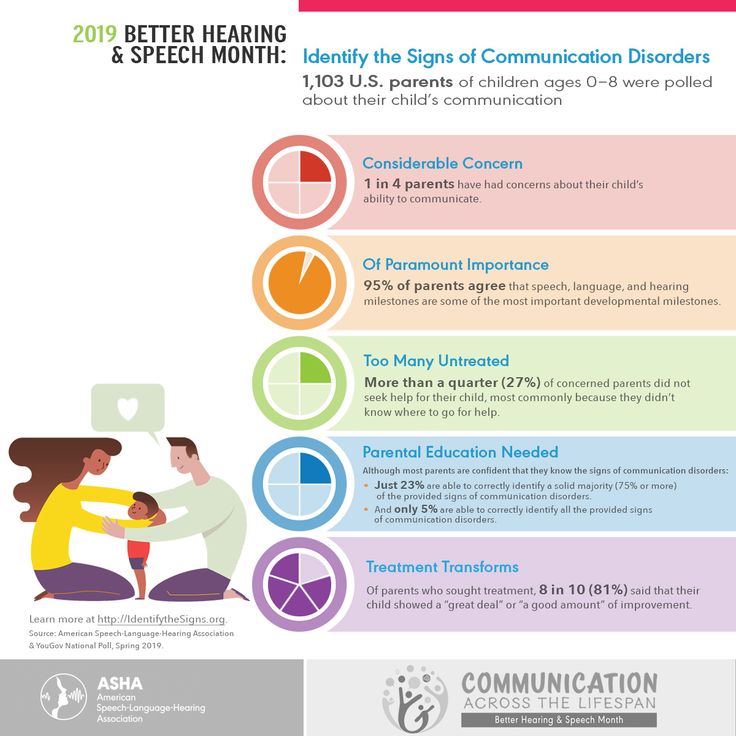
Mandatory Reporters of Child Abuse and Neglect
All U.S. States and territories have laws identifying persons who are required to report suspected child abuse or neglect. Mandatory reporters may include social workers, teachers and other school personnel, child care providers, physicians and other health-care workers, mental health professionals, and law enforcement officers. Some States require any person who suspects child abuse or neglect to report.
(Back to Top)
What do I report when I suspect child abuse or neglect?
Provide a complete, honest account of what you observed that led you to suspect the occurrence of child abuse or neglect. Any reasonable suspicion is sufficient.
What Is Child Abuse and Neglect? Recognizing the Signs and Symptoms
Learn how to identify and report child abuse or neglect and refer children who may have been maltreated. This factsheet provides information on the legal definitions, different types, and signs and symptoms of abuse and neglect.
(Back to Top)
What will happen after I make a report of child abuse or neglect?
After you make a report, it will be sent to child protective services (CPS). When CPS receives a report, the CPS worker reviews the information and determines if an investigation is needed. The CPS worker may talk with the family, the child, or others to help determine what is making the child unsafe. The CPS worker can help parents or other caregivers get services, education, or other assistance.
(Back to Top)
Children's Division | Missouri Department of Social Services
Reporting child abuse is everyone's responsibility
If you suspect child abuse or neglect, call our toll-free hotline at 1-800-392-3738. Our team will be available to help 24 hours a day, 7 days a week. If you are hearing or speech impaired, call Relay Missouri at 1-800-735-2466 (voice) or 1-800-735-2966 (text).
If you are mandated by law to report child abuse and neglect, you can make a report online. We encourage mandated reporters to make a report online when possible to keep the hotline open for the general public.
We encourage mandated reporters to make a report online when possible to keep the hotline open for the general public.
Who can make a report?
Anyone can report suspected child abuse, neglect, or exploitation to the Missouri Child Abuse & Neglect Hotline. Certain people are mandated reporters, meaning they are mandated by occupation to report any concerns.
You can remain anonymous when making a report, but we encourage you to consider identifying yourself. Being able to contact you later helps the Children's Division staff complete a more thorough investigation. They may also need to ask you for more information during the investigation process.
What information will I need when I call?
When making a report, be sure to have the following information:
- Name of the child
- Name of the parent(s)
- Name of the alleged abuser
- Where the child can be located
You will also be asked to describe your concerns and for any other helpful information you can provide.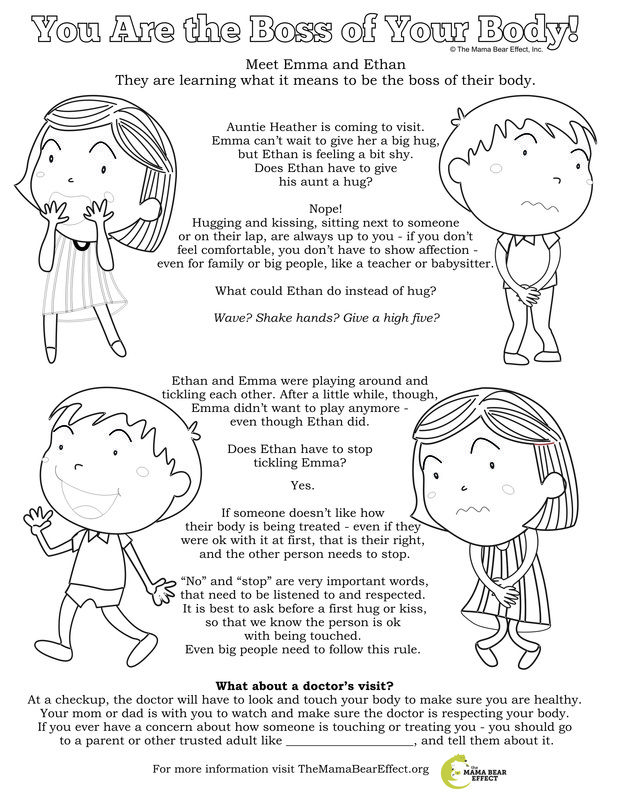
What if I’m not sure it’s abuse or neglect?
Err on the side of over-reporting. If you have the thought, "Maybe I should call…" — DO! Not all calls to the hotline are determined to be abuse/neglect. However, the Children’s Division can often provide services and assistance that can help families prevent abuse or help the family in crisis.
School Resources
Elementary School Posters
- Female Report Abuse/Neglect *
- Female Report Abuse/Neglect–Spanish *
- Male Report Abuse/Neglect *
- Male Report Abuse/Neglect–Spanish *
Secondary School Posters
- Female Report Abuse/Neglect *
- Female Report Abuse/Neglect–Spanish *
- Male Report Abuse/Neglect *
- Male Report Abuse/Neglect–Spanish
* Note: To print the poster, your printer must be able to print an 11"x 17" document.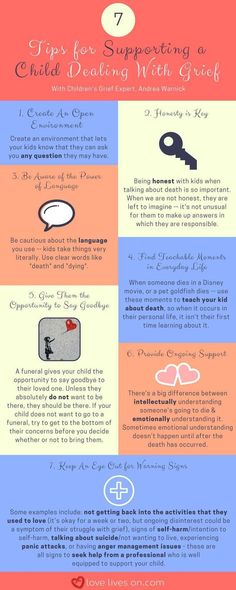
More Information
- Child Abuse and Neglect Hotline Overview
- Other State's Child Abuse Reporting Numbers
- Child Abuse Review Boards
- Information for Mandated Reporters
Report a Concern
Child Abuse or Neglect
800-392-3738
School Violence
866-748-7047
Human Trafficking
888-373-7888
Child alarm. 7 tips to cope with it
Nature has built in our body the ability to worry. Worry and anxiety are really useful when they push us to take action and solve problems. They cause a feeling of discomfort and this is normal: after all, we would hardly be saved in a dangerous situation if the experience of anxiety was similar to the state of inspiration when listening to our favorite song.
But if you are often preoccupied with the thoughts “what if?”, “something bad is going to happen”, “I have to control everything” and feel constant tension, then this anxiety becomes a problem.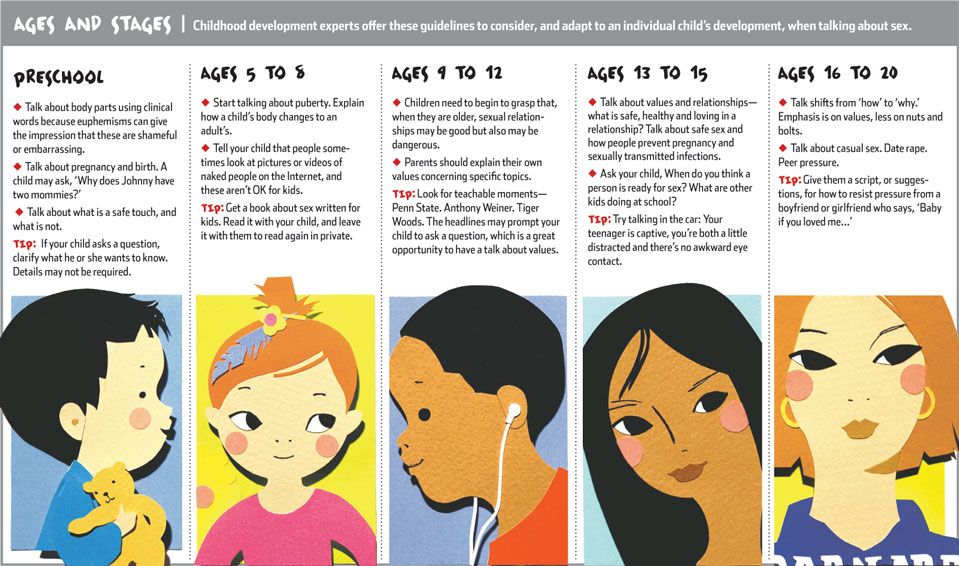 After all, you have to spend a lot of energy and time on it. It's like walking on level ground with the same effort as climbing steep stairs.
After all, you have to spend a lot of energy and time on it. It's like walking on level ground with the same effort as climbing steep stairs.
Chronic anxiety is a habit of thought that can be changed. And the good news is that you can train your brain, your behavior, change your attitude to experiences, to the very state of anxiety and open up new roads and horizons.
On the one hand, we may think that our constant anxiety can get out of hand, drive us crazy or harm our health. On the other hand, that experiences help us avoid something bad, prepare for the worst, or come up with solutions to bad scenarios in advance.
"Worry about worry" adds strength to our experiences and keeps them going (just as worrying about getting to sleep often prevents us from falling asleep). But positive beliefs about worry can be even more damaging. It's hard to break the habit of worrying if we think that worrying is protecting us. To stop worrying, we must give up our belief that constant worrying is justified and serves us well.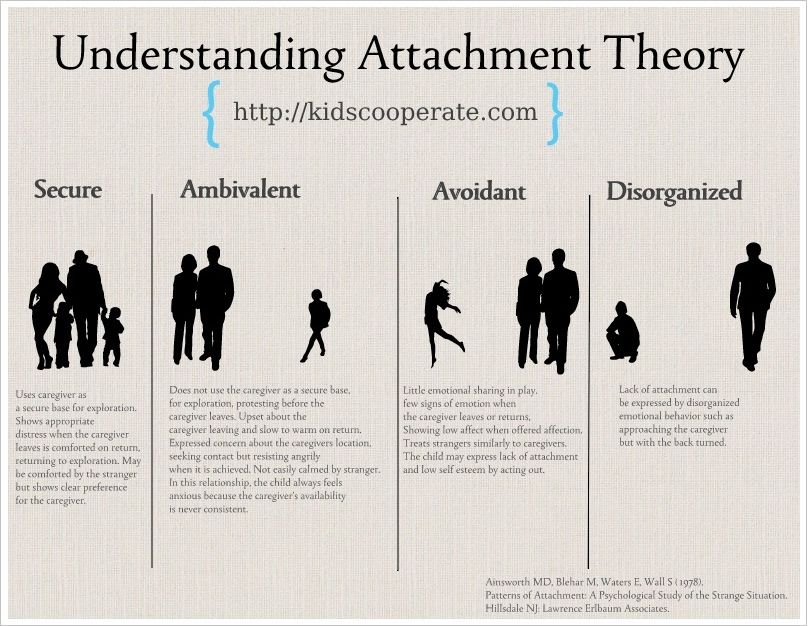
“After the birth of my child, I looked at the word “anxiety” in a new way”
Childbirth is a hormonal storm for the body, and after them, many diseases often either become aggravated or, on the contrary, disappear. Evolutionarily conditioned, in order to save the offspring, the mother needs to be more anxious, since the newborn cannot stand up for himself, and this is absolutely normal. Every day this need is decreasing, but many women (and men too) reinforce this pattern of behavior, which is also reinforced by social pressure. We all know the phrase “What kind of mother are you if you don’t worry about the child.”
“How not to worry? This is my child, I want him to grow up healthy and smart.”
Unfortunately, trying to protect the child from all dangers, we take away from him the ability to develop independence and self-confidence. Maybe the child will get higher grades, but how will this affect his life in the future?
Don't forget! Next to the need for security, another basic need of the child for AUTONOMY / INDEPENDENCE appears. According to statistics, children who grow up with anxious mothers, who often do not satisfy this need, achieve less in their careers, and also experience difficulties in their personal lives.
According to statistics, children who grow up with anxious mothers, who often do not satisfy this need, achieve less in their careers, and also experience difficulties in their personal lives.
Yes, many people show their concern and love with their anxiety, but do the children themselves feel it? Are there other ways to show your love to convey to your children?
"It's very easy to say don't worry, but how do you do it?"
Advice 1. Isolate yourself from the source of your anxiety for the first time.
Try to cut down on reading medical literature, drug instructions, “people's advice”, spend less time on forums. There are medical professionals who have been studying for about a decade and can filter the information that is useful from the information that is harmful to your child. Even the most illiterate doctor with the wrong treatment will provide better help than "traditional medicine" from the Internet.
Advice 2. Determine what you are experiencing and separate useful experiences from unhelpful ones.
An alarm is useful if:
- I can influence events or a problem;
— the theme of the experience is real, that is, what I worry about can happen in principle;
- there is a high probability that the event that I am worried about can happen.
If you have identified the experience as helpful, write a plan for solving the problem or describe how you will deal with the situation. If you can't fix the problem right away, schedule a time when you can.
If you have identified the experience as unhelpful, just let it go (but don't drive it away) and turn your attention to some activity. It is better if it is exciting and interesting. At first it will be difficult to do, but as you practice, it will become easier to let go of experiences and switch.
Advice 3. Set aside special time for worries and learn to postpone worry.
Create a "worry period". Pick a time and place for your worries (it shouldn't be bedtime) and clear them out of the rest of the day.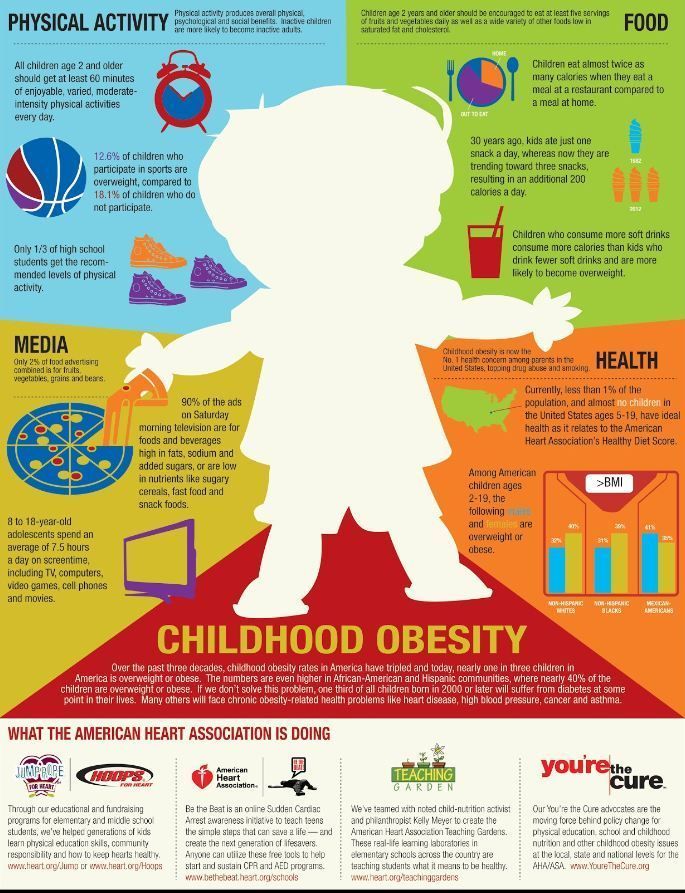
Put your worries aside. If an unsettling thought or worry pops into your head during the day, briefly state it and then move on with your day. Remind yourself that you will have time to think about this later, so there is no need to worry about it right now.
Allow yourself to experience only the amount of time you have chosen for your worry period. If these experiences don't seem important, shorten your worry period and enjoy the rest of your day.
In this way, you break the habit of dwelling on experiences when you have other things to do, but at the same time there is no “not thinking about the white monkey” effect.
Tip 3. Be realistic about the situation instead of suspecting danger in everything.
A few questions will help you figure it out
- Are my predictions based on facts or feelings?
- Am I paying attention to all the information or just the negative part of it?
- How bad would it be if that happened?
- What is the worst thing that can happen in this situation?
- How can I deal with this?
- What has happened in the past on such occasions?
Tip 4. Treat your anxious thoughts as a false danger signal.
Treat your anxious thoughts as a false danger signal.
The answers to these questions are best written down on paper
- What is the evidence that the thought is true? Is there any evidence that she is wrong?
- Is there a more positive, realistic way of looking at the situation?
- What is the probability that what I fear will actually happen?
- What are the more likely outcomes?
- How often have I seen a negative outcome before? And how often did these predictions come true?
- How does experience help me? How do they harm me?
- What advice would I give to a friend in this situation?
Tip 5. Accept anxiety instead of avoiding it.
In order to get rid of anxiety, we can resort to non-constructive and destructive ways of responding to experiences: overeating, scrolling social media feeds for a long time, getting angry at ourselves, or avoiding situations associated with anxiety.
To overcome something, we need to go through it. Anxiety is not a threat at all, it is a passing reaction of your consciousness, it is not at all dangerous. Anxiety does not need to be controlled, it is not necessary to run away from it. It's like an alarm that's just set off by noise, and it'll go off on its own. When you stop giving your energy to anxiety, it will go away on its own. Instead of avoiding anxiety, treat it as a rewarding experience. Sometimes discomfort is our friend that tells us that we are moving forward.
Anxiety is not a threat at all, it is a passing reaction of your consciousness, it is not at all dangerous. Anxiety does not need to be controlled, it is not necessary to run away from it. It's like an alarm that's just set off by noise, and it'll go off on its own. When you stop giving your energy to anxiety, it will go away on its own. Instead of avoiding anxiety, treat it as a rewarding experience. Sometimes discomfort is our friend that tells us that we are moving forward.
Tip 6. Accept uncertainty.
The inability to tolerate uncertainty plays a huge role in experiences. Chronic worries cannot stand doubt or unpredictability. They need to know with 100% certainty what will happen. Anxiety is seen by us as a way to predict what awaits us in the future. This is a way to prevent unpleasant surprises and control the situation. The problem is that it doesn't work.
Thinking about all the things that could go wrong doesn't make life more predictable. You may feel more secure when you're worried, but that's just an illusion.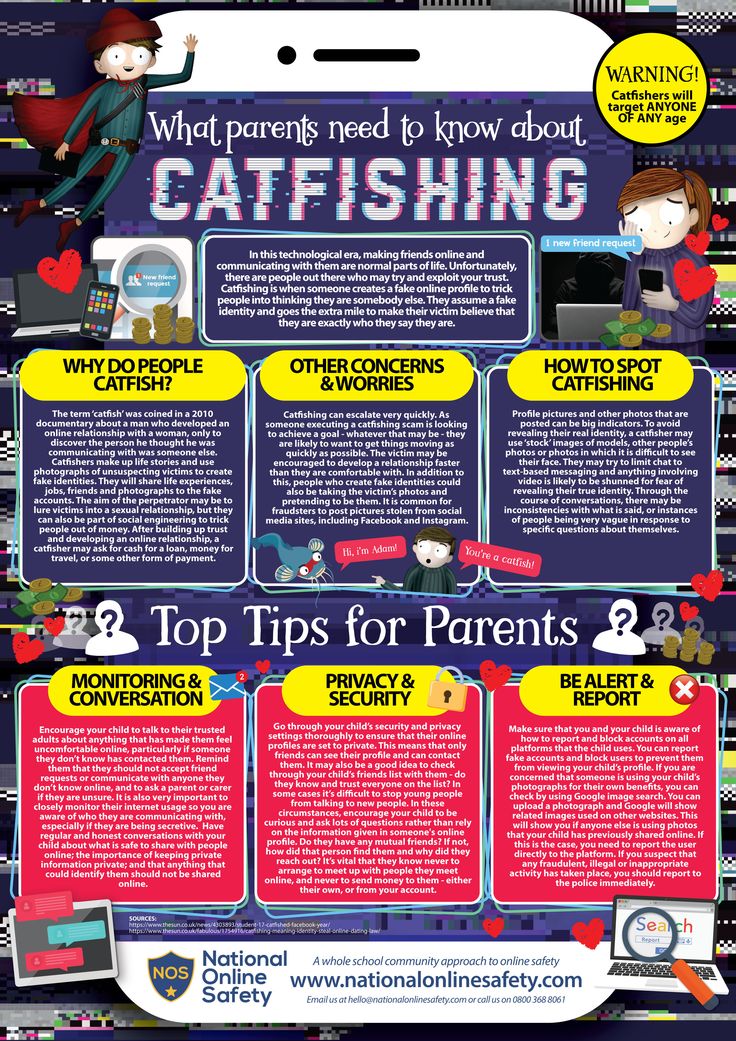 At the same time, focusing on anxiety and worries about the future, it is unlikely that you will be able to enjoy the good, pleasant, pleasing that you have right now, in this present.
At the same time, focusing on anxiety and worries about the future, it is unlikely that you will be able to enjoy the good, pleasant, pleasing that you have right now, in this present.
Is it possible to be sure of everything in life?
What are the benefits and harms of complete certainty in life?
Is it possible to know in advance for sure about all the events that can happen to us?
Is it possible to live with the ignorance that something negative can happen, given the fact that the probability of this event is very low?
Think about what you do every day, already accepting uncertainty (meeting people, driving a car, eating at a party or catering, etc.)
Tip 7. Practice mindfulness.
Anxiety is usually focused on the future - on what might happen and what you will do about it. Mindfulness practices can help you let go of your worries by bringing your attention back to the present. Unlike previous methods of challenging your anxious thoughts or postponing them until a period of worry, this strategy is based on nonjudgmental observation.
Record and observe your anxious thoughts and feelings. Don't try to ignore, fight or control them as usual. Instead, just observe them without reacting or judging.
To cope with anxiety, one has to practice daily for several months. Do not strive for perfection and do not expect immediate results. Take small steps every day and gradually you will begin to live your life more vividly and interestingly.
“What if I fail to not worry?”
Remember, the goal is not to get rid of anxiety, but to learn how to cope with it. Besides, it’s perfectly normal when something doesn’t work out for us. Mistakes are part of learning, so don't despair and develop this skill.
If you are worried about a number of other vital issues besides raising a child, if you feel increased fatigue, have difficulty concentrating, you have irritability, muscle tension, and sleep disturbance, we recommend that you seek help from a specialist who works in the method of cognitive behavioral therapy.
3 concerns of parents, or How to tune in to cooperation with a child
Psychology
3 concerns of parents, or How to tune in to cooperation with a child
January 8, 2019 2 489 views
Liana Khaziakhmetova
Worrying about children is normal. But only when anxiety does not harm the relationship between parent and child. Three of the most "popular" worries were selected from the book "Partnering with a Child". Do you recognize yourself in these stories?
- Mind reading.
In this way, parents and children speculate about each other's motives and considerations. The problem is that all too often our guesses turn out to be wrong. Moreover, in most cases, we do not believe that we are mistaken, therefore we react to the child's behavior based precisely on our conjectures, and not on the basis of real information. Try to figure out what your child is really thinking. You will most likely never become a great telepath, but with a little practice you can master the empathy stage.
You will most likely never become a great telepath, but with a little practice you can master the empathy stage.
Not only do adults rely so heavily on their conclusions, after a while the child also enters this trodden path.
- Excessive dramatization.
Parents greatly exaggerate the consequences of the child's current behavior for his well-being in the future. Familiar words: "Okay, don't answer the phone. Spoil your life. If you want to deprive yourself of the opportunity to get into a good college, that's your business"?
Your heightened anxiety will not help you reach your child. Source
It is not uncommon for parents, especially those who feel that their concerns are being ignored, to blow their worries out of proportion, mistakenly believing that this will help them reach out to their child. Children whose concerns are heard, understood, and resolved tend to be more willing to consider the concerns of others.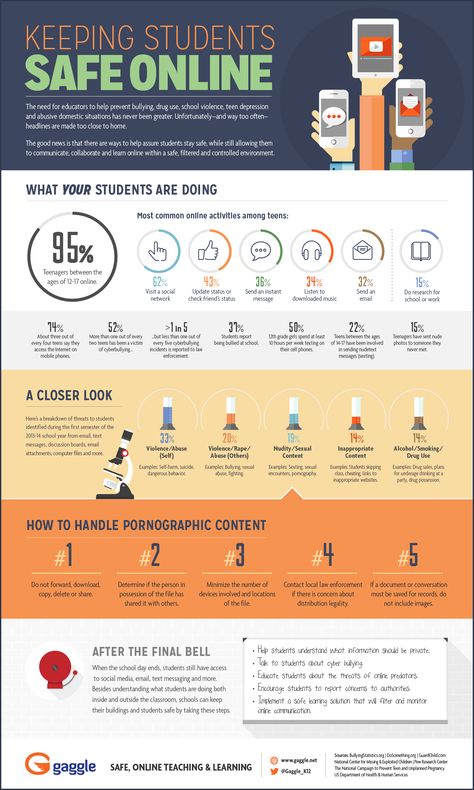 Therefore, you should not make an elephant out of a fly, seeking to be heard. If you and your child are collaborating partners, your concerns will definitely be addressed and resolved.
Therefore, you should not make an elephant out of a fly, seeking to be heard. If you and your child are collaborating partners, your concerns will definitely be addressed and resolved.
- Interrupt.
Often parents are so unsure that their concerns will be taken into account that they practically deprive their child of the opportunity to voice his own. Interruption begets interruption, raising the voice causes a response raising the voice. But if you cooperate with the child, you can be sure that your concerns will be heard and taken into account. It will take some practice to be convinced of this.
One of the positive aspects of cooperation is that it organizes the flow of information and the process of solving a problem. The problems of both sides are equally important, so there is no need for either side to convince the other that they are right. Everything that bothers them will be heard, which means there is no need to interrupt each other.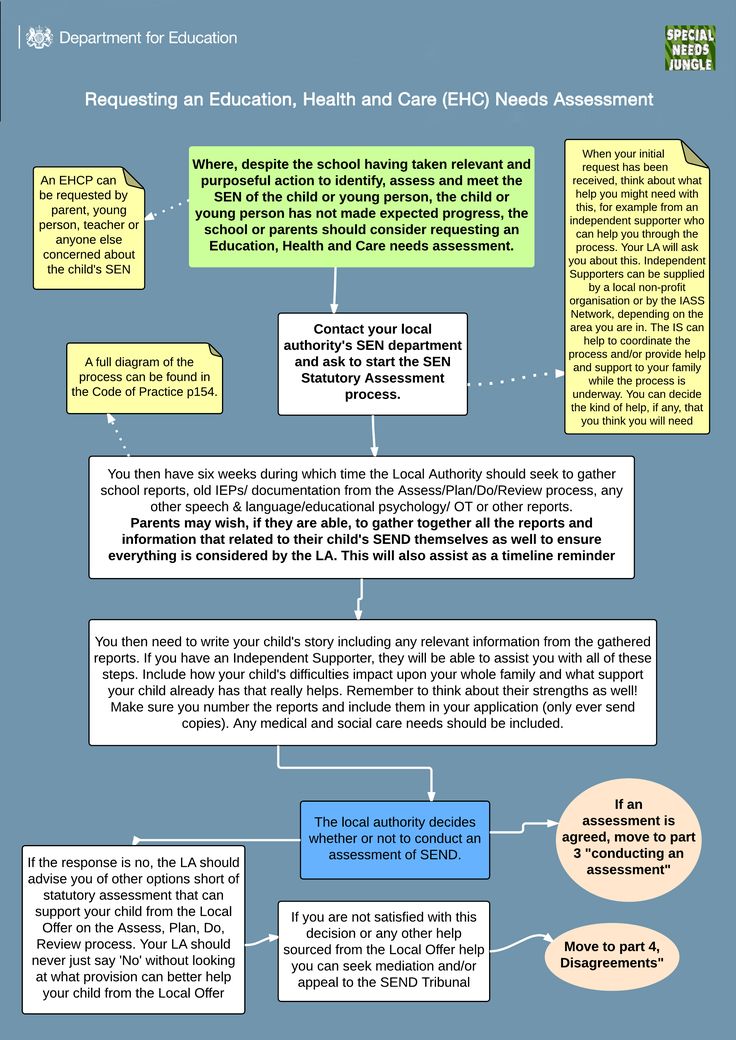
Will you continue to worry about your child falling or being in danger? Of course, there is no doubt about this. Here's an example from Ross Green, author of In Partnership with the Child.
When my children were very young, I felt that I had to watch closely so that they would not get hurt or hurt. It was very tiring.
And in spite of all my efforts, I could not protect them all the time. For example, with my daughter, when she was three years old, there was such a case. I always let her stand on the step stool helping me fry eggs on the stove, and she knew that the electric burner turned orange as it heated up. But it never occurred to the baby that the burner that had been switched off a few minutes ago (now not orange, but black again) was still hot. And then one day, when I turned away, my daughter touched her. She screamed and cried for more than one hour. Did this incident scare her for the rest of her life? It's hard to say for sure, but apparently not: she just doesn't remember it.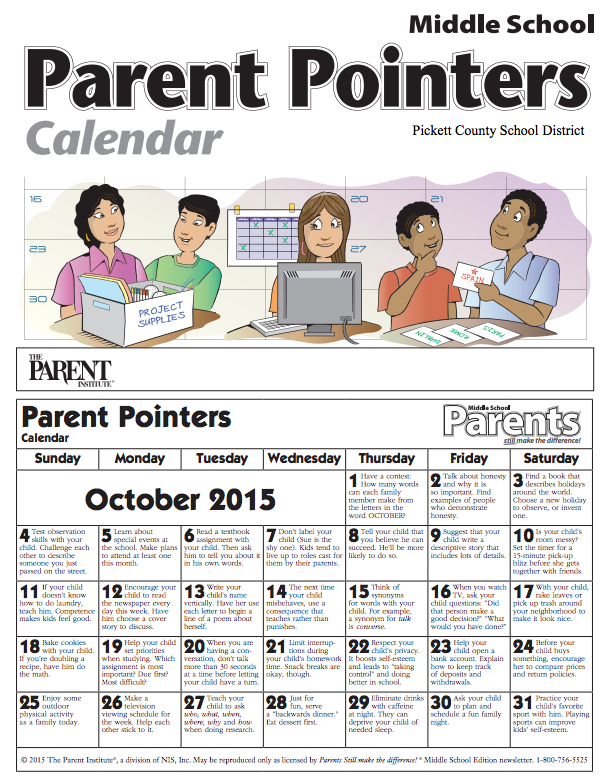
The road of life is never smooth and even. Source
Will your child embarrass you from time to time? For sure. Remember that you yourself have repeatedly embarrassed yourself and, fortunately, learned from this experience, dusted yourself off and moved on. Try not to worry about what other parents or neighbors or relatives might think. Try not to compare yourself to them or their children. If you worry too much about what other people think, it will prevent you from understanding who your child is. The focus of your attention as a parent should be on the development of the baby, and development never goes in a straight line.
There are often bumps along the way, and although we really want to keep our children safe from them, bumps are a useful thing.
And by the way, as far as embarrassment is concerned, you don't have a monopoly in this area. By the time your child reaches adolescence, it will be the awkwardness that you yourself will cause.